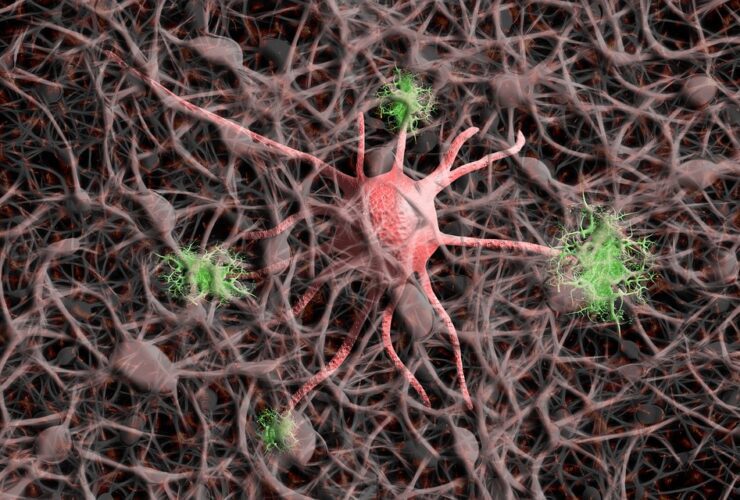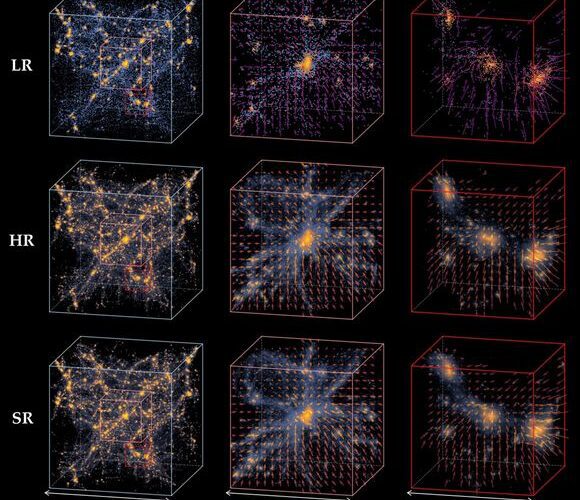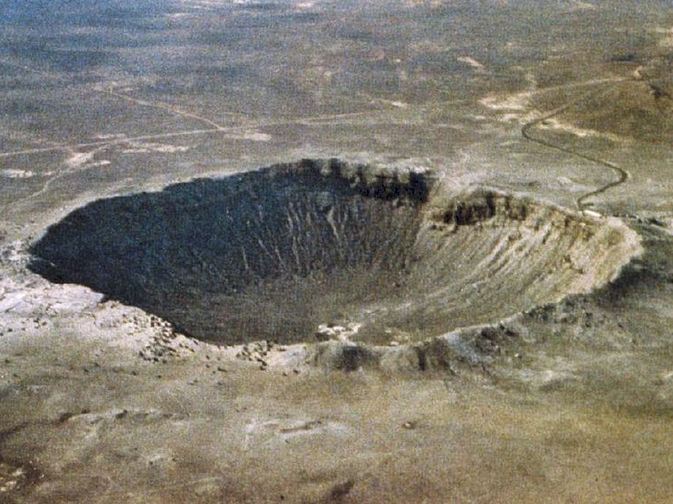The sky full of wonders is going to be very generous to viewers this month. Grab a telescope or wake up at dawn and have a moment of beauty looking at the sky. Orion’s Other Nebulae! Outside of the iconic ...
Over the last several decades, researchers have discovered a slew of genes involved in immune system processes that may have a role in Alzheimer’s disease. Some of the leading possibilities are genes that govern the modest tiny immune cells known ...
A team of researchers led by a university in British Columbia discovered numerous new species of coronavirus, some of which were discovered in unexpected areas such as animal excrement. The findings were produced by a former UBC post-doctoral research fellow ...
As a new study emerges, we learn the truth about discovering Antarctica, and things are not as complicated as previously believed. A team of researchers from New Zealand are finally shedding some light on a century-long question: who was first ...
Oxygen will always be a necessity for most life forms on Earth, and global warming isn’t helping at all. A new report reveals how oxygen is rapidly disappearing from Earth’s lakes, threatening ecosystems and aquatic life. Researchers examined many samples ...
We just love some good, intriguing Universe simulations, right? Well, how about simulating the grand Universe 1000 times faster? A team of bold scientists from the Flatiron Institute have come up with a method to simulate the Universe 1000 times ...
As new research emerges, we learn how our neighbour, Jupiter, has more secrets than previously believed. A team of scientists discovered that the edge of Jupiter’s huge magnetosphere has quite an effect on the planet. New faint aurora traits have ...
Considered Earth’s oldest impact crater, the 62-mile (100-kilometre) wide Maniitsoq structure is more complicated than previously thought. New research is now unveiling the crater’s true origin. The structure is approximately 3 billion years old and dates back to the Archean ...
Can you imagine what our planet might have looked like in its early years? As challenging as it might be, this imagination exercise actually helps. At least, that’s what a team of researchers believes. Earth billion years ago was different ...
As new research emerges, we learn that Earth will lose its oxygen-rich atmosphere in about 1 billion years. What should we expect? A team of researchers came up with enough evidence via simulation that our planet is still right on ...


















